Diabetes, Cancer and Heart disease emerge top 3 health concerns among Indians: Ipsos Study
According to a new global study on Healthcare by Ipsos, Diabetes, Cancer and Heart Disease are the top three health concerns of Indians. The global list (across the 28 markets) covered is a lot different (barring Cancer) - Cancer, Obesity and Mental Health – dominate, among all health worries.
Interestingly, 55% Indians feel they have access to quality healthcare, 31% rate it neither good nor poor, while 15% rate it as poor. Notably, India is placed at the 11th spot in assessment of the quality of healthcare among the 28 countries covered in the Ipsos Global Advisor survey of more than 23,000 adults. Countries surveyed where consumers most tend to rate the quality of their healthcare positively are Great Britain (73%), Malaysia (72%), and Australia (71%). Countries rated lowest by consumers in quality of healthcare were Poland (14%), Russia (16%) and Serbia (18%).
There are some serious concerns around health systems that the study highlights.
Indians have highlighted some pain points which peeve them - Cost of access to treatment (44%), Poor quality treatment (35%) and Low standards of cleanliness (30%). Globally, the top three concerns that have emerged were – Access to treatment/ long waiting times (41%), Staff crunch (36%) and Cost of accessing treatment (32%).
“Making healthcare affordable for all, needs to be addressed by governments and healthcare providers around the globe, as it is among the top three concerns,” says Monica Gangwani, Head of Ipsos Healthcare.
“Indians should adopt lifestyle changes to prevent these dreaded diseases. A healthy diet, an active lifestyle and regular check-ups help, as all these health concerns are preventable,” adds Gangwani.
How does the future of Healthcare look 10 years from now?
There is high level of optimism seen among Indians – 66% say their own health will get better in 10 years (highest across all 28 markets), globally 35% feel so and in Japan only 11% feel their health will improve 10 years hence (lowest); 69% Indians feel that the quality of healthcare (docs, hospitals, medicine etc.) will improve for them and their family 10 years from now, 39% agree globally (across 28 markets), while Germany is the lowest with only 16% being optimistic; 60% Indians feel that the Cost of Healthcare will get better for them and their family 10 years from now – and it will pinch the pocket less, 30% agree globally and Germany (at the bottom of the heap) has only 11% agreeing; 72% Indians (highest globally) feel that 10 years hence, the availability of healthcare providers (docs, hospitals etc.) where they live will get better; Germany is most pessimistic at 13% and global average is 37%; 73% Indians feel that the availability of treatments for various health conditions will improve 10 years hence, global average is 47% and Germany is at the bottom of the heap and has only 17% feeling optimistic.
Opinions about interactions with individual healthcare professionals tend to be more favorable among Indians, also of the healthcare system. Majority of Indian adults agree that, the last time they saw a healthcare professional, they were treated with dignity and respect (63%), they were taken seriously (61%), they were shown respect for their values, preferences or expressed needs (61%), they were accepted for who they were (65%), their safety was a priority (66%), and they knew what to expect from their doctor (67%). Interestingly, the study findings suggest that many patients have a close relationship with their providers. More number of Indians agree that the provider they last saw knows them as a person (62%), or that they know that doctor very well (60%), only about half of Indians polled said their doctor showed them emotional support (53%). Looking at 16 healthcare experience attributes, the countries surveyed showing the highest average ratings are India, the U.S., Malaysia, Australia and Canada. Those with the lowest ones are Japan, Russia, South Korea, Peru and Brazil.
“Health systems will improve by manifold is what most Indians believe,” avers Gangwani.
Sources of Information?
Doctors and other healthcare professionals are the primary go-to source of information about healthcare, symptoms of diseases and treatments: it is the only one which is used by a majority of Indian adults (53%). The other sources most commonly used are online search engines (50%), family and friends (46%), online encyclopedias (32%), hospital/ health system/ health insurer website/ application (32%), newspaper/ magazines (31%), among others.
Notes to editors
- The findings come from surveys conducted in 2018 on the Ipsos Global Advisor platform using the Ipsos Online Panel system.
- The survey was conducted between April to June, 2018 with 23,249 adults across 27 countries: Argentina, Australia, Belgium, Brazil, Canada, Chile, China, Colombia, France, Great Britain, Germany, Hungary, India, Italy, Japan, Malaysia, Mexico, Peru, Poland, Russia, Saudi Arabia, Serbia, South Africa, South Korea, Spain, Sweden, Turkey and the United States.
- All survey respondents are aged 18-64 in Canada and the U.S. and 16-64 in all other countries.
- Data is weighted to match the profile of the population.
- Ipsos is an independent market research company controlled and managed by research professionals. Founded in France in 1975, Ipsos has grown into a worldwide research group with a strong presence in all key markets. Ipsos ranks third in the global research industry. With offices in 89 countries, Ipsos delivers insightful expertise across six research specializations: advertising, customer loyalty, marketing, media, public affairs research, and survey management.



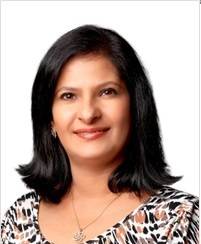
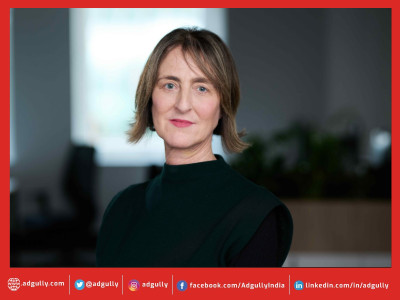
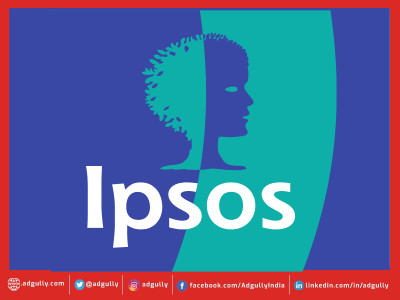

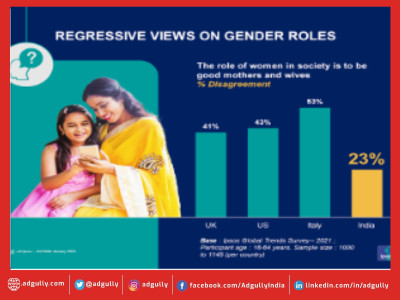



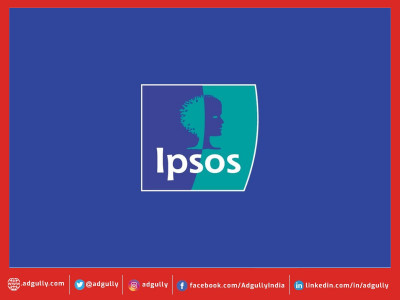

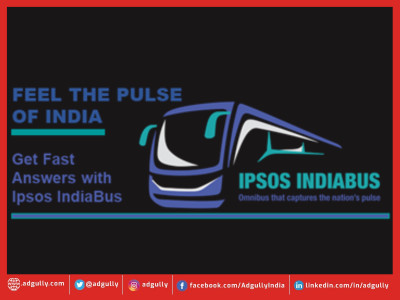


Share
Facebook
YouTube
Tweet
Twitter
LinkedIn